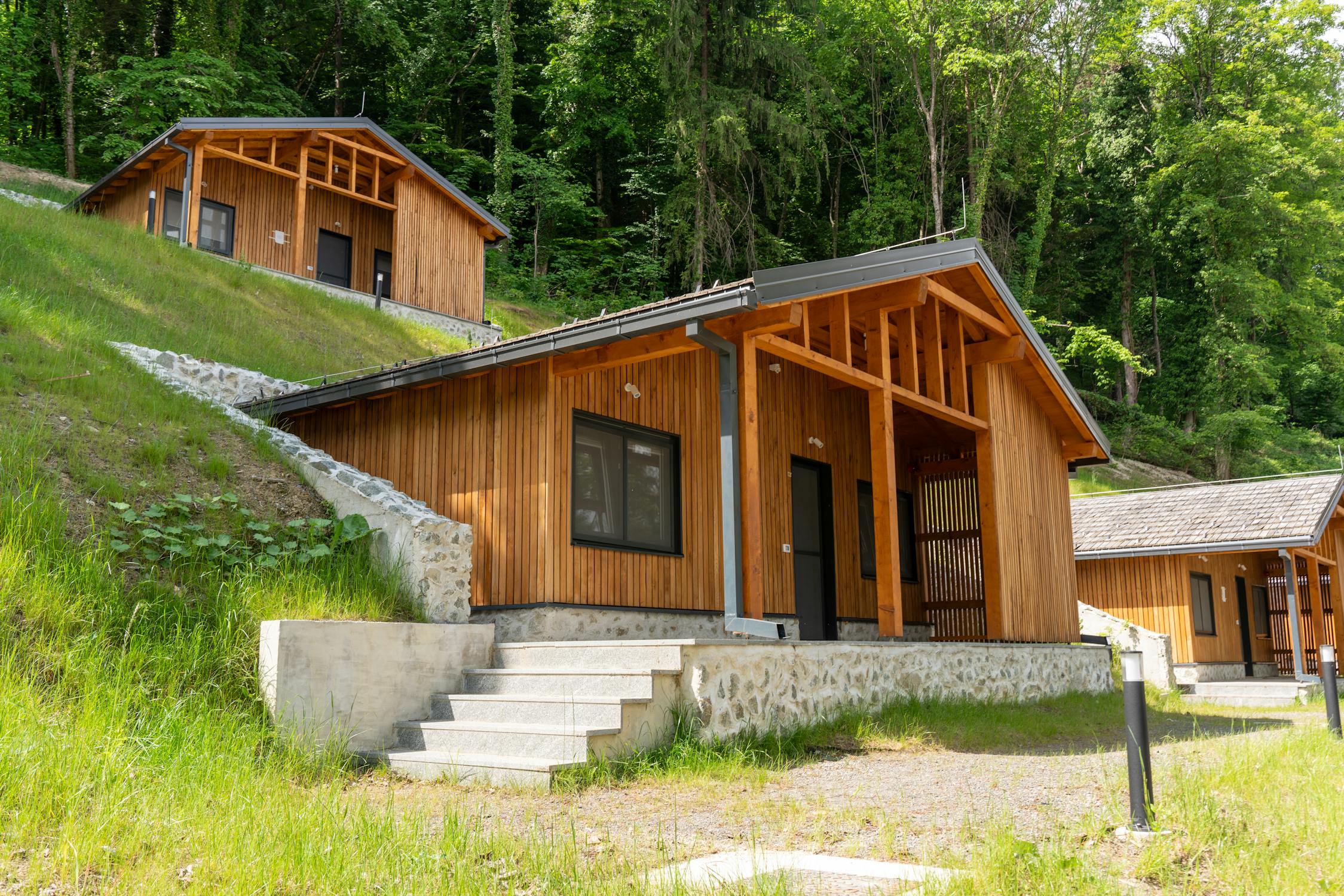Innovative Offline Income Ideas for Property Owners

Property ownership offers a wealth of opportunities beyond the typical rental income streams. While renting out a property remains a popular method for generating revenue, there are numerous innovative offline income ideas that can maximize the potential of your real estate investment. This article explores some of these ideas, providing practical insights and actionable strategies to help property owners unlock new income sources.
1. Short-Term Rentals and Event Hosting
Short-term rentals have become increasingly popular among property owners, especially those with properties in desirable locations. Platforms like Airbnb have made it easier to rent out spaces on a nightly basis, but there are also offline strategies to consider. For example, you can market your property as a venue for events such as weddings, corporate retreats, or photoshoots. These types of events can generate significant income without the need for long-term tenant commitments.
Event hosting is particularly lucrative if your property has unique features such as a large garden, historic architecture, or scenic views. The key to success in this area is effective local marketing and establishing connections with event planners in your region. Additionally, ensuring your property meets local regulations for events and gatherings will help you avoid legal complications.
Another option is transforming underutilized spaces into specialized accommodations. Think about converting a basement or an unused barn into a rustic retreat or guest house. This kind of adaptive reuse can provide a steady stream of additional income while also increasing the overall value of your property.
2. Leasing Land for Agricultural Use
If you own land that isn’t currently being used for housing or commercial purposes, leasing it for agricultural activities could be an excellent income-generating idea. This approach is particularly relevant for rural properties or suburban areas where farming is still viable.
You can lease land to local farmers or community-supported agriculture (CSA) groups who need additional space for crops or livestock. Another option is offering the land for specialty farming activities such as organic farming or beekeeping, which are gaining popularity in many areas.
Leasing land for agriculture usually involves minimal maintenance costs and can be set up through straightforward agreements. It’s essential to consider factors like soil quality, water availability, and access routes when leasing your land for agricultural use. Establishing long-term contracts with reliable tenants ensures consistent income over several years.
3. Renting Space for Storage
Storage space is always in demand, whether for personal belongings, vehicles, or business inventory. Property owners with extra rooms, garages, basements, or even outdoor areas can capitalize on this
If you have an empty garage or warehouse space, consider renting it out as storage units. Self-storage businesses are becoming increasingly popular as people look for secure places to store their belongings away from their homes.
A simple way to get started is You may also consider partnering with small businesses that require inventory storage but don’t have the resources to lease large commercial spaces.
4. Renewable Energy Installation
Another forward-thinking offline income idea involves utilizing your property for renewable energy installations like solar panels or wind turbines. By leasing parts of your land or rooftop space to energy companies, you can create a passive income stream while contributing to environmental sustainability.
The process typically begins with an assessment of your property’s suitability for renewable energy production. Factors such as sun exposure, wind patterns, and local regulations will play a significant role in determining feasibility.
If successful, this can lead to long-term contracts where energy companies pay you regularly for using your land or building space to generate renewable energy. Additionally, some governments offer incentives or tax breaks for property owners who participate in renewable energy programs.
5. Offering Workshops and Classes
If you have expertise in certain areas—be it gardening, cooking, crafts, or fitness—you could turn part of your property into a venue for workshops and classes. This not only creates an additional income stream but also fosters community engagement.
For instance, if you own a large garden or farm, hosting gardening workshops could attract enthusiasts willing to pay for hands-on learning experiences. Similarly, properties with kitchens suitable for group cooking classes can be rented out to chefs or culinary instructors looking for unique venues.
The key here is identifying what niche suits both your skills and the unique attributes of your property. Once identified, marketing through local networks and social media can help attract participants who are interested in these specialized experiences.
| Income Idea | Potential Earnings (Annually) | Key Considerations |
|---|---|---|
| Short-Term Rentals/Event Hosting | $10,000 - $50,000+ | Location & Marketing Strategy |
| Agricultural Land Leasing | $2,000 - $10,000+ | Soil Quality & Water Access |
| Storage Space Rental | $1,200 - $6,000+ | Security & Maintenance |
| Renewable Energy Installation | $5,000 - $20,000+ | Feasibility & Local Regulations |
| Workshops/Classes Venue Rental | $3,000 - $15,000+ | Niche Market & Community Engagement |
6. Establishing Pop-Up Shops or Flea Markets
An interesting offline income idea that’s gaining traction involves using vacant land or parking lots as venues for pop-up shops or flea markets. This approach works well in urban areas where small businesses and vendors are constantly looking for temporary retail spaces.
You could charge vendors a fee to set up their stalls on your property during weekends or special events. Additionally, by curating the types of vendors allowed at these events—such as artisanal goods sellers—you can attract specific customer demographics willing to spend more on unique products.
This strategy not only generates direct income but also increases foot traffic around your property, potentially boosting its value over time.
The potential to generate offline income from real estate extends far beyond traditional rental models. The success of these ventures often hinges on understanding local markets and adapting these ideas to fit the specific attributes of your property. With thoughtful planning and execution coupled with proper research and legal considerations the possibilities are almost limitless when it comes to maximizing returns from real estate investments.
